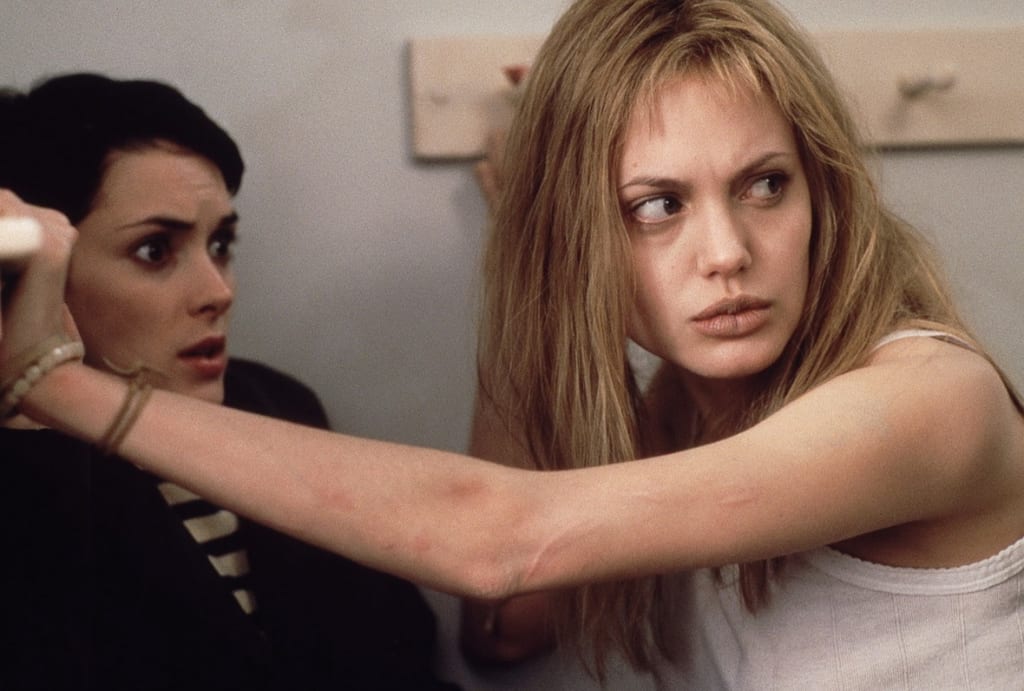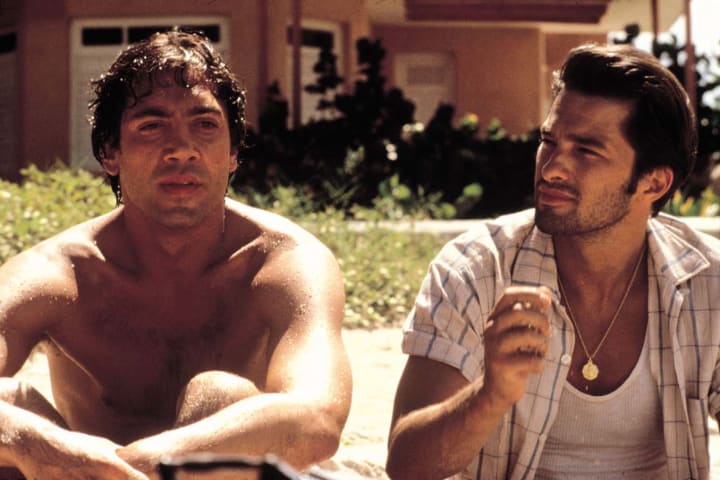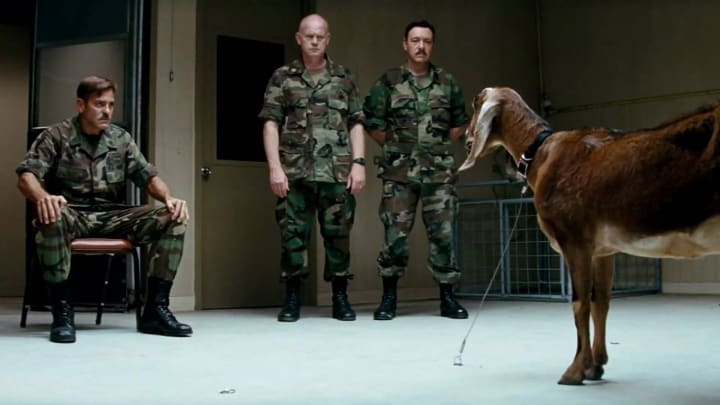A Filmmaker's Guide to: Nonfiction Novels
Film Studies (Pt.72)

In this chapter of ‘the filmmaker’s guide’ we’re actually going to be learning about literature and film together. I understand that many of you are sitting in university during difficult times and finding it increasingly hard to study and I understand that many of you who are not at university or not planning on it are possibly stuck of what to do, need a break or even need to catch up on learning film before you get to the next level. This guide will be brief but will also contain: new vocabulary, concepts and theories, films to watch and we will be exploring something taboo until now in the ‘filmmaker’s guide’ - academia (abyss opens). Each article will explore a different concept of film, philosophy, literature or bibliography/filmography etc. in order to give you something new to learn each time we see each other. You can use some of the words amongst family and friends to sound clever or you can get back to me (email in bio) and tell me how you’re doing. So, strap in and prepare for the filmmaker’s guide to film studies because it is going to be one wild ride.
Nonfiction Novels

What are they?
A nonfiction novel is a novel which is based on real events. It has been written in novel form for ease of reading and entertainment purposes with the most famous sub-genre of this being true-crime. There are other nonfiction novel genres as well including: memoir, biography and autobiography, historical nonfiction and social commentary.
Here are some examples of the nonfiction novel:
- In Cold Blood by Truman Capote
- Silent Spring by Rachel Carson
- The Diary of a Young Girl by Anne Frank
- A Room of One's Own by Virginia Woolf
- Midnight in the Garden of Good and Evil by John Berendt
- Under the Banner of Heaven by John Krakauer
- When Breath Becomes Air by Paul Kalanithi
- Killers of the Flower Moon by David Grann
- Black Boy by Richard Wright
- Down and Out in Paris and London by George Orwell
There are many writers who are known for writing profusely in nonfiction including: John Krakauer, Richard Wright, James Baldwin [in some cases], Dave Cullen and Truman Capote. But there are also others who gave it a try maybe once or twice in their career including: Stephen King, George Orwell, Virginia Woolf and even F. Scott Fitzgerald.
What about in film?

In film, the nonfiction novel must be carefully adapted in order to show the events that happen in the novelised version for the sake of entertainment. Often, films lose their way and want to show 'what really happened'. This means, they are moving away from the adaptation of a nonfiction novel and just turning it into a biopic, a true crime movie or a biographical drama of some kind. If films stick to the adaptation of the book, they will not lose the sense of entertainment from the film and, they will not have to explain away certain discrepancies between the film and real life events.
Here are some nonfiction films directly adapted from novels. Of course, some of them fictionalise and exaggerate events for the sake of entertainment and that is perfectly fine, if it is for the sake of entertainment and not for the pure sake of embellishing the story with falsified facts to fit a narrative:
- In the Heart of the Sea
- Charlie Wilson's War
- The French Connection
- Gangs of New York
- In Cold Blood
- Jarhead
- The Hurricane
- The Men Who Stare at Goats
- Before Night Falls
- Girl, Interrupted
Let us now have a look at some further reading concerning the process of creating a nonfiction film and notice how some of these books will help with certain nonfiction genres but not with others. Remember: when writing your nonfiction film, you want to relate it back to the text as much as possible, this will cover your ass from being criticised when things are not 'like they happened in real life' because it is the book you are adapting it from and that is an entirely different thing.
Further Reading:
- De Valk, M. Arnold, S (2013). The Film Handbook. 2nd ed. UK: Routledge.
- Gutkind, L (1997). The Art of Creative Nonfiction: Writing and Selling the Literature of Reality (Wiley Books for Writers). UK: Wiley Books for Writers.
- Hart, J (2012). Storycraft: The Complete Guide to Writing Narrative Nonfiction. USA: Chicago Guides to Writing, Editing, and Publishing.
- Moran, J (2019). First You Write a Sentence.: The Elements of Reading, Writing ... and Life. UK: Penguin Nonfiction.
About the Creator
Annie Kapur
200K+ Reads on Vocal.
English Lecturer
🎓Literature & Writing (B.A)
🎓Film & Writing (M.A)
🎓Secondary English Education (PgDipEd) (QTS)
📍Birmingham, UK






Comments
There are no comments for this story
Be the first to respond and start the conversation.